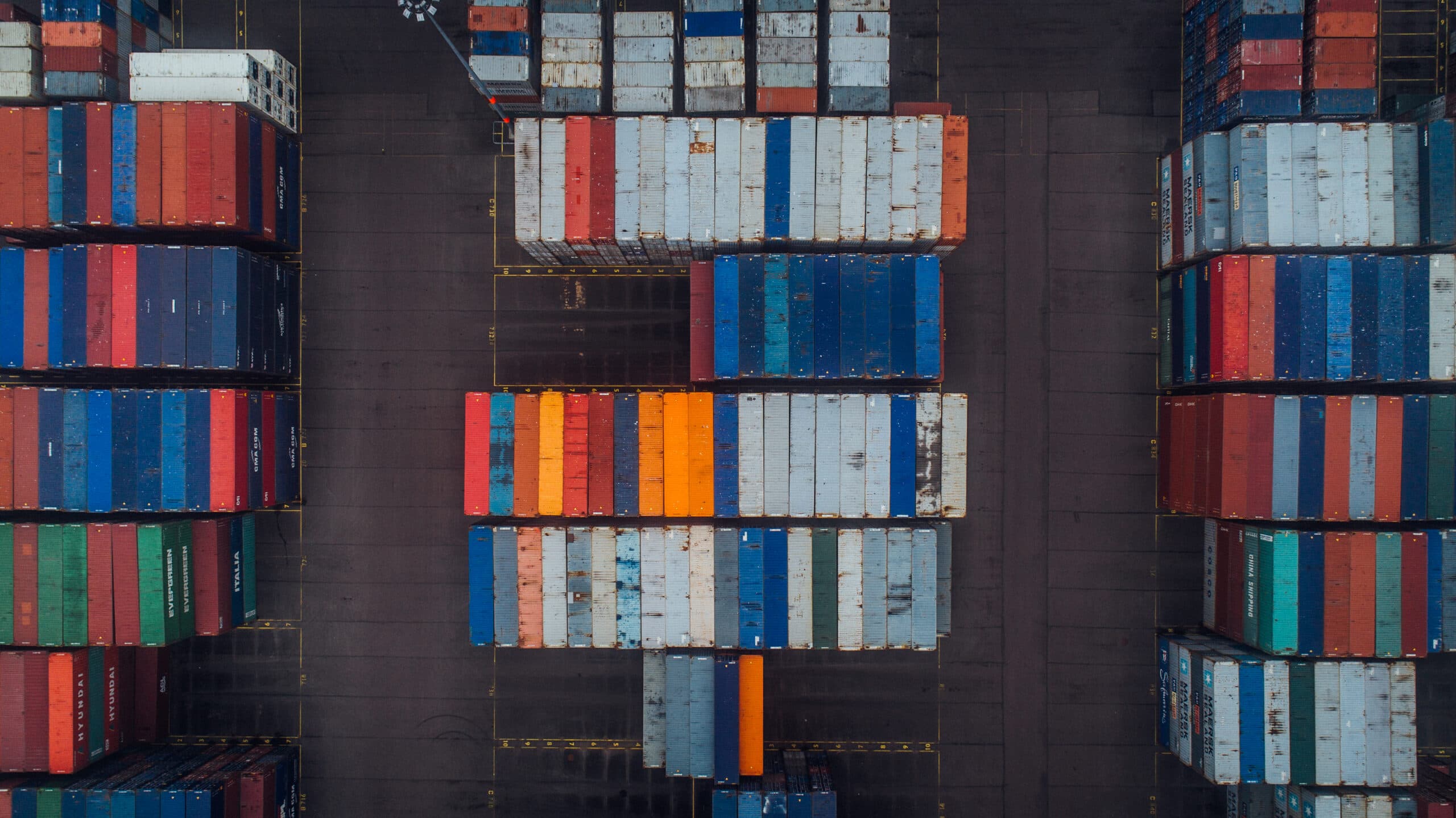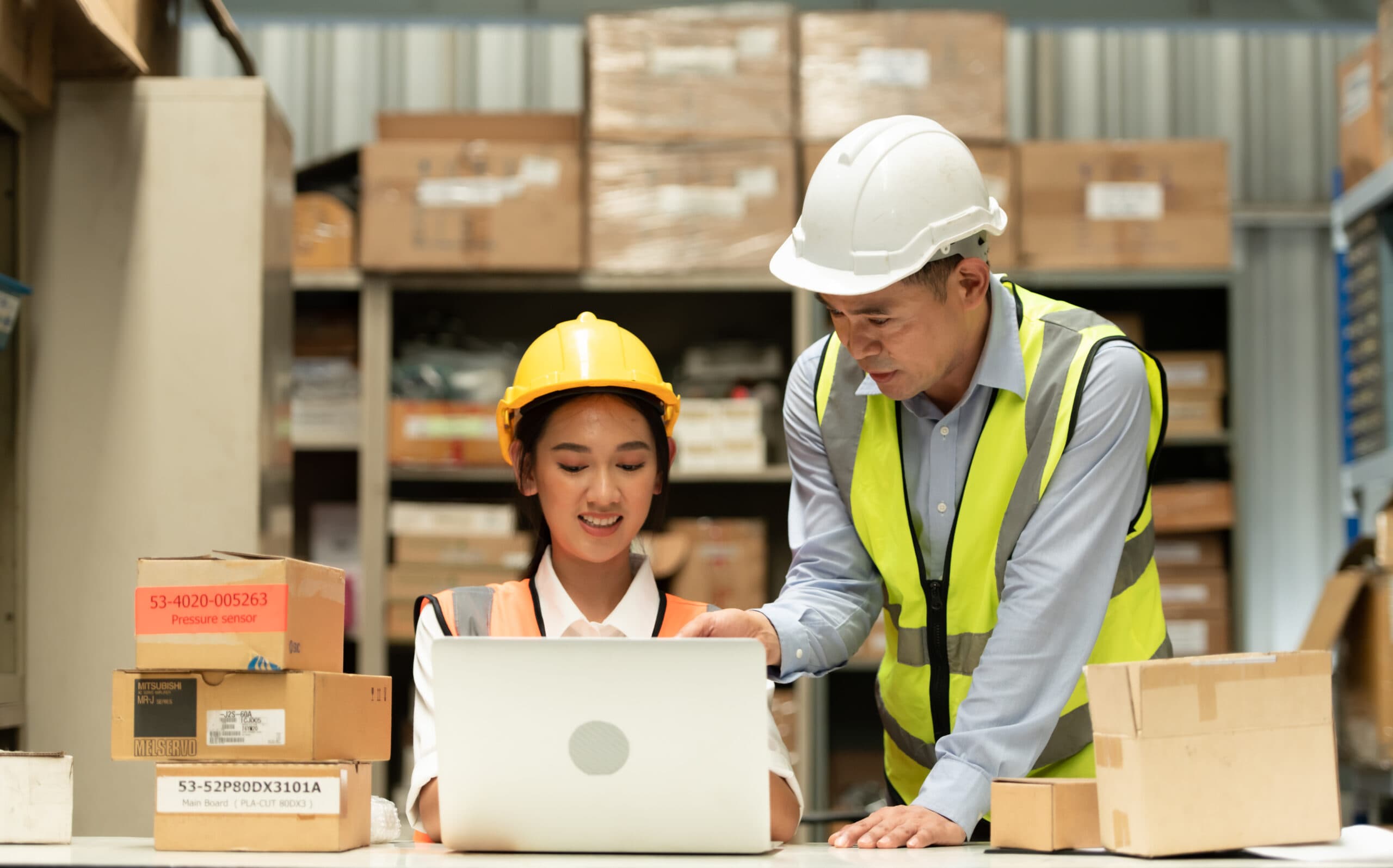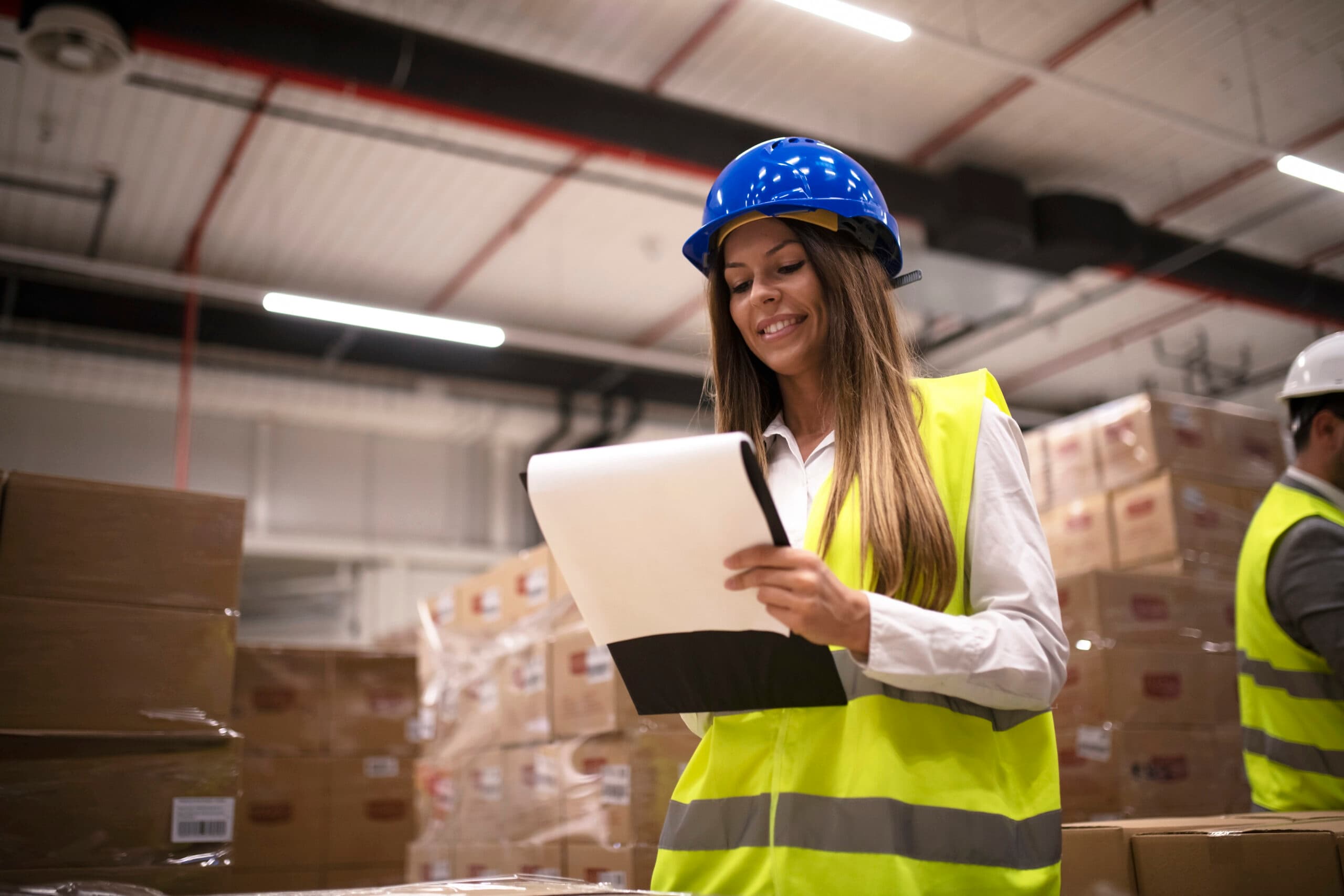Cut Costs & Save Time: Smart Customs Clearance Strategies at London Gateway

In today’s fast-paced world of global trade, efficiency and cost-effectiveness are vital for businesses importing or exporting goods through UK ports. London Gateway, one of the UK’s most advanced deep-sea container terminals, offers incredible opportunities for companies looking to streamline their supply chains. However, without a solid plan for customs clearance London Gateway, businesses can face unnecessary delays, extra charges, and compliance risks.
This guide explores smart strategies to save time and money while ensuring your shipments glide through customs smoothly.
Understand the Basics of Customs Clearance
Customs clearance is the process of preparing and submitting the necessary documentation to allow goods to enter or leave a country. At London Gateway, this includes filing import and export declarations, paying duties and taxes, and meeting HMRC’s compliance requirements.
A clear understanding of these basics helps you anticipate potential challenges and keep your supply chain on track.
Plan and Prepare Accurate Documentation
One of the most common causes of delays at customs is incomplete or inaccurate paperwork. To avoid setbacks:
- Make sure invoices, packing lists, and shipping documents are detailed and error-free.
- Classify your goods correctly using the right commodity codes.
- Check if your products qualify for any duty reliefs or free trade agreements.
Early preparation not only speeds up customs clearance but also prevents costly mistakes.
Work with Experienced Customs Brokers
Navigating customs rules can be overwhelming, especially for businesses new to international shipping. Partnering with experienced customs brokers is a wise investment. They understand the latest regulations, handle declarations efficiently, and can help you identify opportunities to reduce duties and fees.
A reliable brokerage partner ensures your goods meet compliance standards while saving you valuable time.
Embrace Digital Solutions
Technology has transformed the way customs procedures are handled. Many freight forwarders and brokers now use electronic data interchange (EDI) systems, which allow for quicker communication with HMRC and the port authorities. By adopting digital solutions, you can:
- Submit documents electronically for faster processing.
- Track shipment progress in real time.
- Reduce the risk of human errors in manual paperwork.
Automation means fewer delays and a smoother flow of goods through London Gateway.
Leverage Customs Warehousing and Deferred Payments
Another smart strategy is to use bonded or customs warehouses. These facilities allow you to store imported goods without immediately paying customs duties or VAT. Payments are deferred until the goods leave the warehouse, improving your cash flow and giving you flexibility in managing stock.
Deferred payment schemes also offer benefits for high-volume importers by consolidating duty payments into a single monthly statement.
Stay Updated on Trade Regulations
Customs rules and tariffs can change frequently, especially with new trade agreements and global market shifts. Regularly monitoring HMRC updates and international trade news ensures you remain compliant and avoid fines or shipment holds.
Consider subscribing to professional alerts or working with experts who stay informed on your behalf, so you’re never caught off guard.
Build Strong Relationships with Port Stakeholders
Efficient customs clearance isn’t just about paperwork. Good relationships with freight forwarders, terminal operators, and shipping lines can make a big difference. Clear communication and mutual trust help you secure priority services, troubleshoot issues quickly, and ensure your cargo flows smoothly through London Gateway.
Why Choose Professional Support
Managing customs clearance alone can be time-consuming and complex. That’s why many businesses turn to trusted service providers like Global Customs Clearance LTD. With years of expertise and an in-depth understanding of regulations, they can handle every aspect of customs clearance London Gateway, giving you peace of mind and freeing your team to focus on other priorities.
By outsourcing these tasks to specialists, you can minimise administrative burdens, avoid penalties, and keep your logistics budget under control.
Effective customs clearance is the key to unlocking the full potential of London Gateway’s state-of-the-art facilities. From preparing accurate documentation and using digital tools to leveraging warehousing and professional services, these strategies will help you reduce costs, save time, and keep your supply chain moving.
Partnering with experts can be the smartest move for businesses aiming to stay competitive in a demanding global market. By adopting the right approach, you’ll ensure your shipments reach their destination swiftly, compliantly, and without unnecessary expenses.






.png&w=256&q=75)
